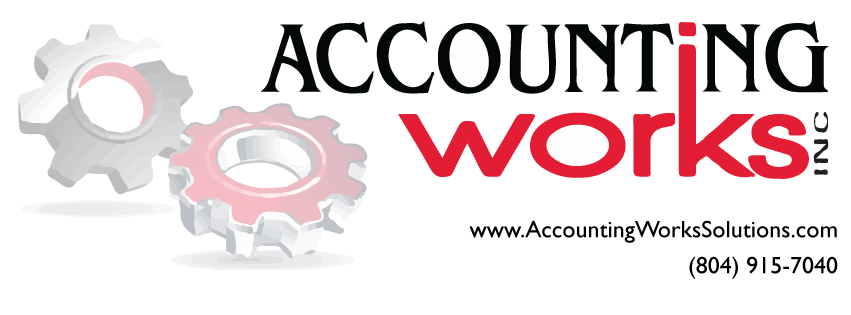If you’re already contributing to a 401(k) or other retirement account, superbly done! Pat yourself on the back, because there’s one thing about saving for retirement— it’s easier the earlier you start. Making contributions regularly will certainly help fluff your retirement pillow, but few actually have a savings goal in mind. Knowing where you’re headed is half the battle, along with avoiding these other common retirement pitfalls.
1. Not knowing how much you need to save. Many people have not even considered the actual number they need to reach in order to live comfortably after retirement. You can use an online calculator, or talk to a financial planner. The number, at first, may be overwhelming, but remember that you have compounding growth on your side. Having a goal to reach may ignite a newfound passion to make regular contributions.
2. Not knowing how much you spend. To better understand a retirement budget, you’ll need have to have a grasp on your current budget. If you don’t know how much your spending on a daily, weekly, or even monthly basis, you probably won’t know where your money is going in the future. Start tracking your spending in order to come up with a plausible retirement budget. Keep a meticulous record for a few months, then sit down and estimate which of those costs could fluctuate up or down in retirement. Expenses for children will likely drop, along with your dry cleaning bill or commuting costs. Big bills such as mortgages are likely to be paid off as well. However, keep in mind the type of lifestyle you’d like to lead once retired. More travel, more leisure costs, etc.
3. Not accurately budgeting for health care. Before the word “Medicare” falls from your lips, stop to think about what won’t necessarily be covered. Most eye exams and dental care, as well as any long-term care, aren’t covered under Medicare. There are tools you can use, such as AARP’s health care costs calculator, that will help you estimate out-of-pocket costs you might incur.
4. Guaranteeing losses by responding rashly to market fluctuations. It’s easy to panic when the stock market takes a nose dive and change your mind to a safer bet. However, if you respond to losses rashly, you won’t be around for the gains, either. Converting some of your holdings to cash doesn’t provide growth. The best way to protect yourself is by diversification. Talk to an investment planner and they can help you further diversify your portfolio beyond just stocks, bonds, cash.
5. Keeping your head in the sand about fees. Many financial institutions charge fees for their 401(k)s. Some charge flat fees, others percentages, but the bottom line is you need to know what you’re paying. Until the financial planning industry wins it’s battle for transparency when it comes to fees like this, you may have to search the fine print. Paying even a 2% can wind up being a huge chunk of your savings. Typically fees up to 0.5% are considered reasonable.
Getting to your retirement goals isn’t rocket science, but it does require some careful planning. Educating yourself and knowing what to plan for will help you achieve the comfortable retirement you’ve worked so hard for.





